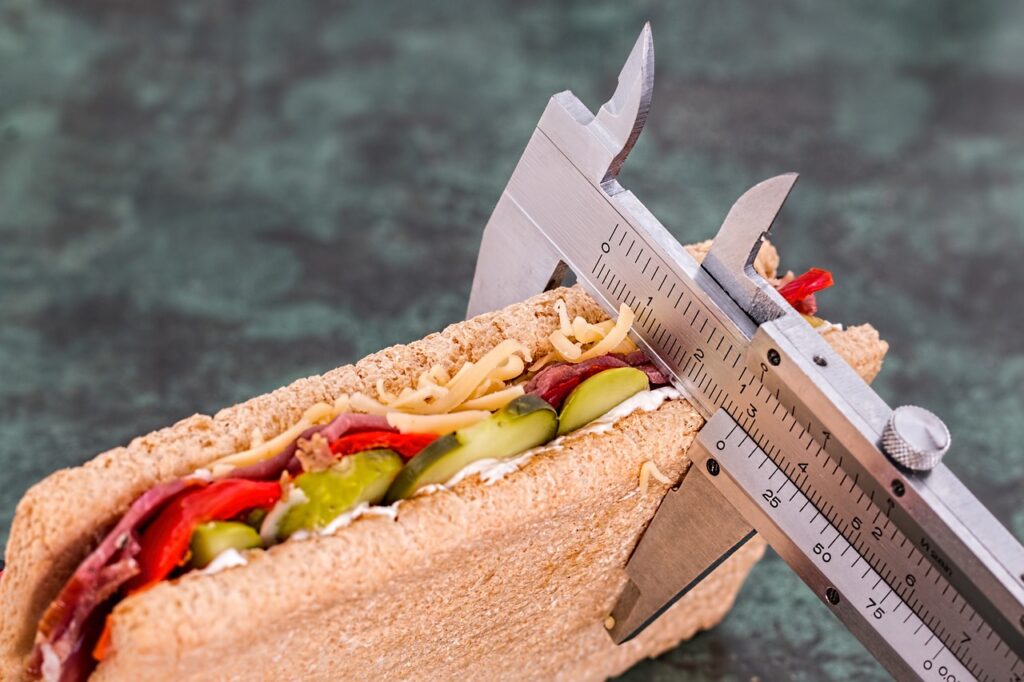Ever wondered why some people seem to maintain their weight effortlessly while others struggle? The secret often lies in tracking calories. A calorie tracker is a tool—either an app, a website, or even a handwritten journal—that helps monitor the number of calories consumed daily.

But why does tracking calories matter? Because knowledge is power. Understanding your caloric intake can be a game-changer for weight management, improved health, and achieving your fitness goals. Let’s dive into everything you need to know about calorie tracking.
Understanding Calories
What Are Calories?
Calories are units of energy that our bodies use to perform all functions, from breathing to exercising. Every food and drink you consume contains calories that contribute to your daily energy intake.
The Role of Calories in the Body
Calories fuel our activities. Consuming more than your body needs leads to weight gain, while eating less than required results in weight loss. That’s why tracking them is crucial!
Benefits of Using a Calorie Tracker
1. Weight Management
Whether you want to lose, gain, or maintain weight, calorie tracking helps you stay on course.
2. Improved Eating Habits
Logging your food intake makes you more mindful of what you eat and encourages healthier choices.
3. Awareness of Nutritional Intake
Tracking calories helps ensure you’re getting the right balance of nutrients, not just focusing on numbers.
How to Choose the Best Calorie Tracker
Features to Look For:
- Food database: A vast database ensures accurate logging.
- Barcode scanner: Makes inputting food quicker.
- Macro tracking: Helps balance protein, carbs, and fats.
- Syncing with fitness devices: Connects with wearables like Fitbit.
Free vs. Paid Options
Free apps work well for beginners, while premium features may offer more customization and detailed reports.
Top Calorie Tracking Apps and Tools
- MyFitnessPal (Best overall)
- Lose It! (Great for weight loss)
- Cronometer (Best for detailed nutrient tracking)
- Fitbit (Ideal for fitness enthusiasts)
How to Use a Calorie Tracker Effectively
- Set realistic goals (Don’t aim for extreme calorie deficits)
- Log food accurately (Weigh portions if needed)
- Understand portion sizes (Eyeballing doesn’t always work!)
Common Mistakes in Calorie Tracking
- Underestimating portion sizes
- Forgetting liquid calories (sodas, juices, coffee creamers)
- Not being consistent
How to Calculate Your Daily Caloric Needs
Basal Metabolic Rate (BMR)
Your BMR is the number of calories your body burns at rest.
Total Daily Energy Expenditure (TDEE)
TDEE includes all calories burned daily, including exercise and activity levels.
The Role of Macros in Calorie Tracking
Balancing carbohydrates, proteins, and fats is essential. For example:
- High-protein intake supports muscle growth.
- Healthy fats aid in brain function.
- Carbs provide energy.
Calorie Tracking for Weight Loss
- Create a calorie deficit (consume fewer calories than you burn).
- Focus on whole foods and portion control.
Calorie Tracking for Muscle Gain
- Eat in a caloric surplus (consume more calories than you burn).
- Prioritize protein-rich foods for muscle recovery.
Tracking Calories Without an App
- Use a manual food journal.
- Learn to estimate calorie content in food.
The Psychological Impact of Calorie Tracking
- Avoid obsessive calorie counting.
- Find a healthy balance to maintain mental well-being.
Tips to Stay Consistent with Calorie Tracking
- Make tracking a daily habit.
- Plan meals ahead of time.
Conclusion
Calorie tracking is a powerful tool for maintaining a healthy lifestyle. Whether your goal is weight loss, muscle gain, or overall well-being, understanding your daily caloric intake is key. Stay consistent, track accurately, and find what works best for you!
FAQs
- Is calorie tracking necessary for weight loss?
Not always, but it helps create awareness and control over food intake. - How accurate are calorie tracking apps?
Most are fairly accurate, but slight miscalculations can occur. Measuring food precisely helps. - Can I track calories without an app?
Yes! A simple notebook or spreadsheet works too. - Do all calories count the same?
Technically, yes—but nutrient-dense foods provide more benefits than empty-calorie foods. - How long should I track calories?
Track until you have a good understanding of your intake, then use mindful eating to maintain progress.
